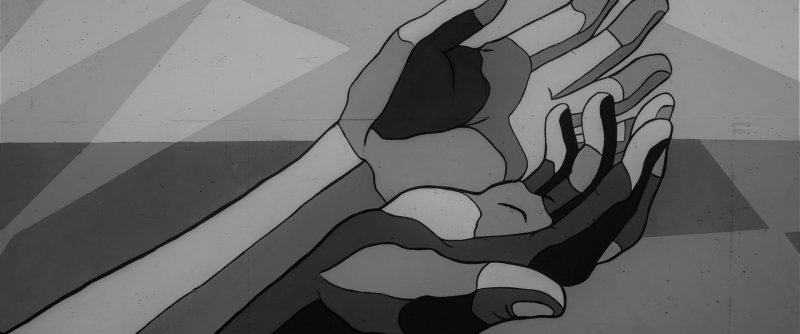
The exploration of sexual preference and fantasy in therapy can be a portal to our inner psychological landscape. Unlocking the unconscious logic of sexual fantasy is one way of casting a light on our internal world and of understanding the emotional and psychological difficulties that may have prompted us to seek therapy in the first instance.
Our sexual scripts are formed in infancy, long before the onset of mature sexual desire. Our early attachment experiences and the familial and cultural context into which we are born inform the psychological maps and templates for being (in the world) to which we both consciously and unconsciously refer as we develop and grow. We are evolutionarily wired and sensitively attuned to the moods and feeling states of our caregivers absorbing them all through a process of psychological osmosis.
The conflict of growing up
Whilst our lust and capacity for pleasure (according to the Freudian account) are instinctual, the road to pleasure is more often than not a complicated one. We are likely to experience myriad obstacles along the way (many that will later inform our sexual fantasies) guilt, shame, fear, rejection may all stand in the way of our experience of pleasure. We all (consciously or otherwise) feel guilty about something. Life is fraught with conflict – and from the get go. The conflict (for example) between our attachment to our families and to the developmental imperative to grow up, individuate and leave them is fraught with guilt and worry. We bring these unresolved and largely unconscious conflicts into our erotic lives.
The creativity of fantasy
The child of a depressed parent may grow up with a powerful sensitivity to and identification with the sadness of others. It may be hard for such an individual to fully connect to their own aliveness and vitality as sexual excitement is fundamentally incompatible with depression. In the imaginative realm of fantasy such an individual may be released from the burden of caring by populating their fantasies with dynamic carefree people, aroused, excited and turned on. It is not hard to understand, in this scenario, that when everyone is having a great time (and no one is depressed) the fantasy serves as a creative permission to connect, without guilt or shame to one’s own desire.
An antidote to trauma
Many sexual fantasies can seem puzzling and hard to understand. One person’s turn on is another’s turn off after all. Arousal for some may come through being tied up and whipped, another’s from phone sex, group sex, sex with a stranger(s), etc, etc. All are plots of desire, many are attempts to draw on and transform past trauma. When someone is cruel or aggressive in their sexual fantasy or practice it is not because they are inherently sadistic but rather that they are trying to solve a problem. It may be useful and illuminating to consider and understand why the normal pursuit of pleasure may require a particular imaginative scenario in order to be safely experienced.
Empathy and ruthlessness are important aspects of a healthy sexual relationship. Too much empathy (for the other) may be a dampener to our own desire and too much ruthlessness may render sex mechanical and devoid of emotion. Sexual fantasies can be attempts to counteract or transform beliefs and feelings that may interfere with sexual arousal and can provide an elegant ( if not always politically correct) solution to the problems of ruthlessness , guilt and shame.
When we understand our sexuality we understand ourselves.
Gerry Gilmartin is an accredited, registered and experienced psychotherapeutic counsellor. She currently works with individuals (young people/adults) and couples in private practice. Gerry is available at our Brighton and Hove Practice.
Further reading by Gerry Gilmartin
Fear and hope in the time of Covid
Relationships, networks and connections












